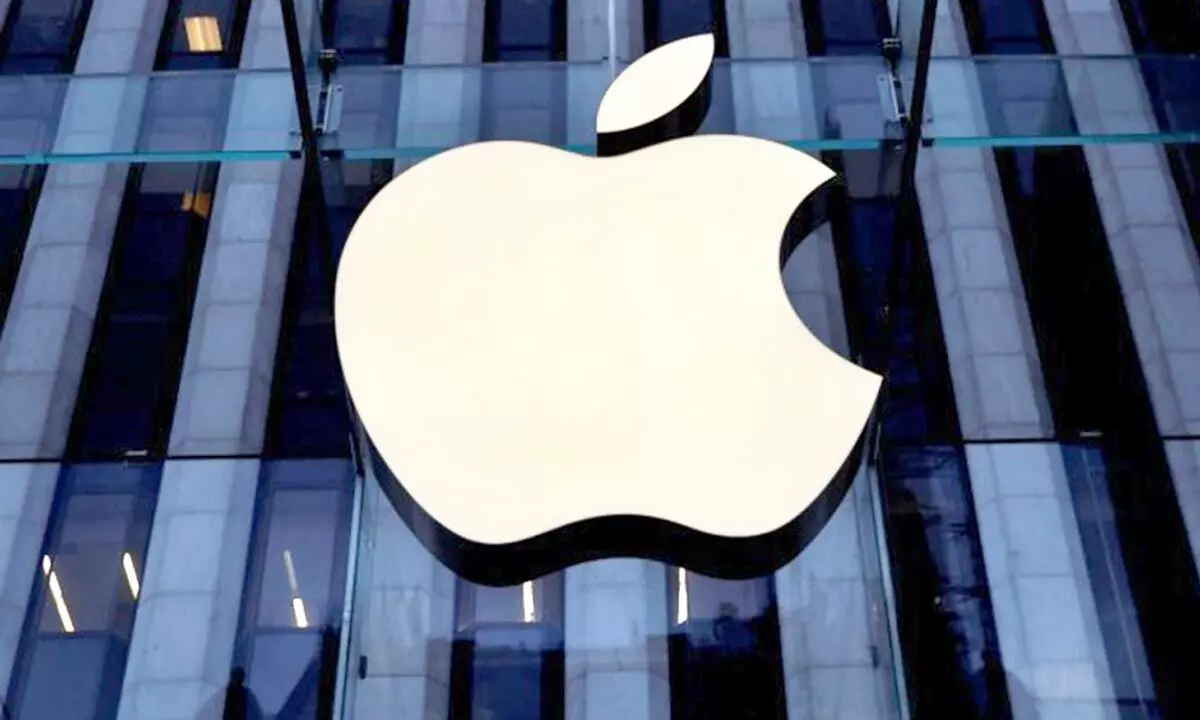The naming game: The idea behind 'i' in Apple iPhone and Amazon
In 1998, according to Reader's Digest, Steve Jobs revealed five specific meanings associated with the enigmatic "i" in Apple's products. Surprisingly, one of those meanings was the "internet," while the others were individual, instruct, inform, and inspire. While these words played a significant role in the presentation, Jobs also acknowledged that the "i" did not have an official meaning. He suggested that it represented both a personal pronoun and the word "instruction" in the context of education. Therefore, the interpretation of the "i" remains open to individual perception. This intriguing insight could serve as an interesting conversation topic, allowing you to impress your significant other with a fascinating nugget of information during your next date.
image for illustrative purpose

In 1998, according to Reader's Digest, Steve Jobs revealed five specific meanings associated with the enigmatic "i" in Apple's products. Surprisingly, one of those meanings was the "internet," while the others were individual, instruct, inform, and inspire. While these words played a significant role in the presentation, Jobs also acknowledged that the "i" did not have an official meaning. He suggested that it represented both a personal pronoun and the word "instruction" in the context of education. Therefore, the interpretation of the "i" remains open to individual perception. This intriguing insight could serve as an interesting conversation topic, allowing you to impress your significant other with a fascinating nugget of information during your next date.
In 1994, Jeff Bezos embarked on a journey to create an online store that would encompass a vast range of products—an "everything store." However, he faced the challenge of finding a suitable name for his venture. Brad Stone's book, "The Everything Store: Jeff Bezos and the Age of Amazon," provides insights into the process that led to the birth of the name "Amazon."
Initially, Bezos and his then-wife MacKenzie Scott brainstormed several potential names, including Awake.com, Browse.com, Bookmall.com, and Aard.com. Despite their efforts, none of these options resonated with them. Undeterred, Bezos continued his quest for a name that would capture the essence of his vision.
One day, while perusing the dictionary, Bezos focused on the letter 'A,' hoping to stumble upon a word that would encapsulate the vastness and grandeur he envisioned for his company. As fate would have it, he came across the word "Amazon." The name struck a chord with Bezos, as it evoked imagery of the mighty Amazon River, the largest river in the world known for its immense size and the abundance of life it supports.
Excited by this discovery, Bezos hurriedly entered the garage where his colleagues were working and shared the company's new name with them. On November 1, 1994, Bezos registered the URL for his newly named company, solidifying its identity as "Amazon."
The choice of "Amazon" as the company's name signified Bezos' ambitious vision to create an expansive and diverse online marketplace akin to the vastness and richness of the Amazon rainforest. The name encapsulated the company's mission to become the largest bookstore in the world, offering an extensive selection of products and eventually expanding into various other areas.
With the name "Amazon," Bezos successfully conveyed the magnitude and scope of his aspirations, setting the stage for the company's exponential growth and evolution into one of the most influential and dominant entities in the global market.
The story of Amazon's name serves as a reminder of the complexities and challenges involved in choosing an appropriate and resonant name for a company. It also showcases Bezos' ability to think creatively and draw inspiration from unexpected sources, ultimately leading to the selection of a name that would become synonymous with success and innovation in the world of e-commerce.

